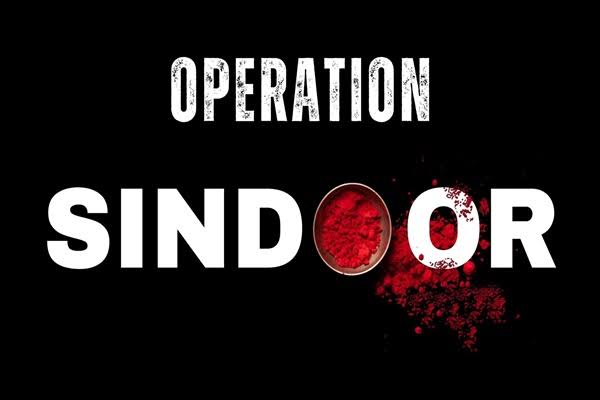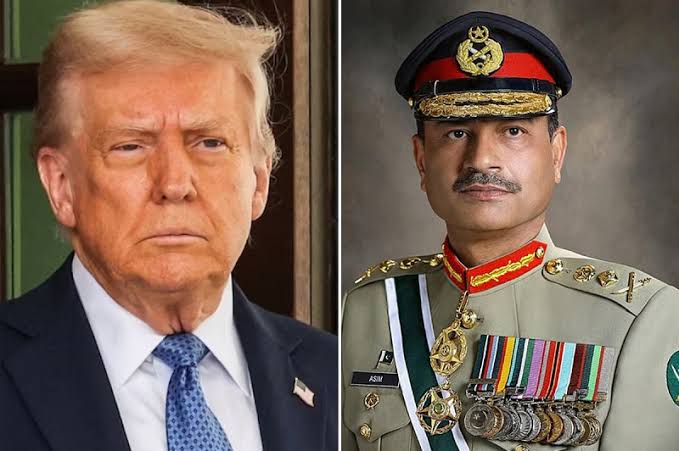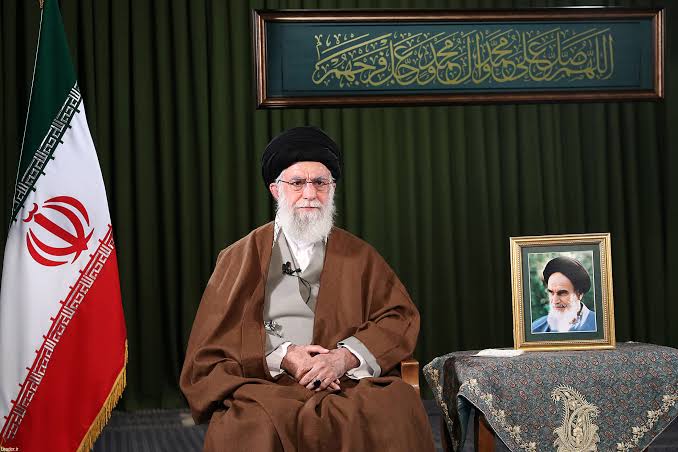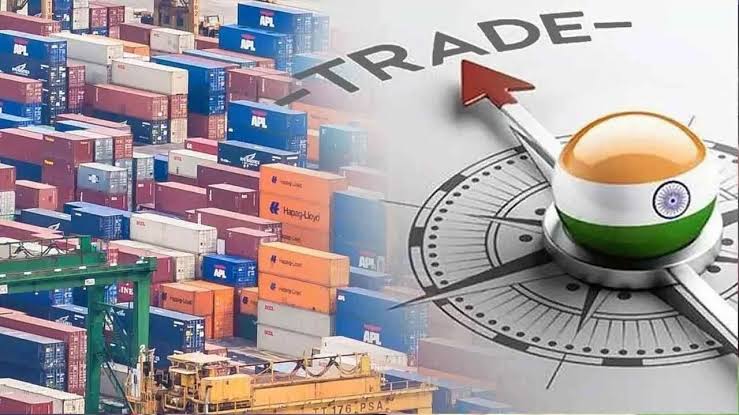The Ambitious Outreach: Operation Sindoor Unveiled

In a bold diplomatic manoeuvre, seven all-party delegations from the Indian Parliament embarked on an extensive global outreach known as Operation Sindoor, traversing 33 countries. The initiative, touted as a strategic effort to bolster India’s international standing, involved hundreds of crores of taxpayers’ money, with parliamentarians and diplomats residing in star hotels during their travels. The primary objectives appeared to be garnering global support for India, particularly in the wake of the Pahalgam attack, and isolating Pakistan for its alleged sponsorship of terrorism. However, as the dust settles on this ambitious campaign, a critical question emerges: What have these delegations truly achieved, and has Operation Sindoor yielded tangible results?
The campaign’s narrative was to showcase a large group of Indian parliamentarians and diplomats, travelling together, symbolizing a collective effort to project India’s diplomatic prowess.
The outreach programme highlighted the scale of the operation—33 countries visited, significant financial expenditure, and a clear intent to address Pakistan’s role in cross-border terrorism. Yet, the stark reality painted by recent international developments suggests that these efforts may have fallen short of their intended goals.
Pakistan’s Unexpected Diplomatic Success
Contrasting India’s extensive outreach, Pakistan has emerged as an unlikely beneficiary on the global stage, particularly following the Pahalgam attack. The attack, which was linked to Pakistan-sponsored terrorism, has not elicited the anticipated international condemnation of Pakistan. Instead, Pakistan has secured a series of diplomatic and economic victories that undermine India’s efforts.
The United Nations Security Council (UNSC) recently elected Pakistan as the Chair of the Taliban Sanctions Committee and Vice-Chair of the Counter-Terrorism Committee, a decision made after a delegation led by Bilawal Bhutto Zardari visited the UN. This appointment, despite India’s objections to Pakistan’s alleged support for terrorism, represents a significant diplomatic coup for Islamabad. Furthermore, the International Monetary Fund (IMF) approved a $1 billion loan to Pakistan on May 9, 2025, disregarding India’s concerns about Pak-sponsored terrorism.
The World Bank has committed $40 billion to Pakistan, while the Asian Development Bank (ADB) disbursed $800 million on June 3, 2025, over-ruling India’s objections. These financial injections signal a robust international endorsement of Pakistan’s economic stability, despite the terrorism allegations.
Adding to this, the United States has offered trade deals to Pakistan, and Kuwait has lifted a 19-year-old visa ban. These developments paint a picture of Pakistan making a “clean sweep of international political, diplomatic, and economic rewards”. The lobbying efforts of Bilawal Bhutto Zardari and Shashi Tharoor in America appear to have tipped the scales in Pakistan’s favour, leaving India’s delegation efforts seemingly ineffective.
The Failure to Isolate Pakistan
One of the central aims of Operation Sindoor was to isolate Pakistan internationally for its alleged role in the Pahalgam attack. However, in reality “not a single country condemned Pakistan-sponsored terrorism,” and no pressure was exerted through the UN on Pakistani terror groups. Moreover, no terrorist involved in the Pahalgam attack has been globally designated, further highlighting the lack of progress in this regard.
The absence of condemnation from any of the 33 countries visited by Indian delegations is a striking indicator of failure. Diplomatic isolation requires a coordinated international response, yet the global community has remained conspicuously silent or, in some cases, has moved to support Pakistan.
The UNSC’s decision to elevate Pakistan’s role in counter-terrorism committees, despite the Pahalgam attack, suggests that India’s narrative has not resonated with key international players. This raises questions about the effectiveness of the delegations’ engagements and the strategies employed during Operation Sindoor.
International Support for India: A Mirage?
Another critical objective of Operation Sindoor was to garner international support for India post the Pahalgam attack. The attack, a significant security breach, provided an opportunity for India to rally global opinion against Pakistan. However, the lack of condemnation and the subsequent international backing of Pakistan indicate that India has not succeeded in building a robust coalition. The visits to 33 countries, while extensive, appear to have yielded little in terms of concrete diplomatic alliances or public statements supporting India’s stance.
The real question is : “Why is Team Modi losing diplomatic wicket after wicket?” This suggests an internal critique within India, pointing to a perceived decline in diplomatic influence under the current leadership. The lack of visible support from major powers like the United States, which is instead engaging Pakistan with trade deals, further underscores this challenge. The delegations’ efforts seem to have been overshadowed by Pakistan’s strategic lobbying, leaving India’s international support base weaker than anticipated.
The Cost of Diplomatic Junkets
The financial cost of Operation Sindoor—hundreds of crores of taxpayers’ money—looms large over this diplomatic endeavour.
The star hotel stays and extensive travel paints a picture of lavish expenditures, which now appear disproportionate to the outcomes achieved. If the delegations have failed to isolate Pakistan or secure international support, the question arises: Were these junkets an “exercise in futility”?
The lack of tangible results suggests that the funds could have been better allocated to domestic security measures or targeted diplomatic initiatives rather than broad, resource-intensive global tours. The contrast between India’s expensive outreach and Pakistan’s cost-effective diplomatic wins—secured through strategic visits like Bilawal Bhutto Zardari’s to the UN—highlights a potential misstep in India’s approach. The absence of any reported agreements, resolutions, or public endorsements from the 33 countries visited further fuels the perception that Operation Sindoor may have been more symbolic than substantive.
Analysing the Broader Implications
The failure of Operation Sindoor to achieve its stated goals has broader implications for India’s foreign policy. It suggests a need for a reassessment of diplomatic strategies, particularly in addressing Pakistan’s alleged terrorism sponsorship. The global community’s willingness to engage with Pakistan, despite the Pahalgam attack, indicates that India may need to bolster its evidence and advocacy to shift international opinion. Additionally, the economic support extended to Pakistan by the IMF, World Bank, and ADB suggests that economic considerations may outweigh security concerns in global decision-making, a factor India must navigate more adeptly.
Internally, the critique of “Team Modi losing diplomatic wickets” points to a potential erosion of confidence in India’s leadership on the international stage. This could prompt a reevaluation of how parliamentary delegations are deployed and the objectives they are tasked with achieving. Moving forward, a more focused and evidence-based approach, coupled with bilateral and multilateral partnerships, might yield better results than the broad outreach of Operation Sindoor.
A Call for Strategic Recalibration
Pakistan’s Army Chief, Field Marshal Asim Munir, has been invited to the US Army’s 250th anniversary parade in Washington, DC, on June 14, 2025, following praise from a top US general. This high-profile visit, coinciding with President Donald Trump’s 79th birthday, comes amid escalating tensions between India and Pakistan and raises questions about US-Pakistan strategic ties, counterterrorism cooperation, and the China angle.
Instead of isolating Pakistan - Modi's foreign policy has actually brought them much closer to America after the Pahalgam incident.
As of June 11, 2025, Operation Sindoor stands as a costly diplomatic exercise that has failed to isolate Pakistan or garner significant international support for India post the Pahalgam attack. While the delegations’ efforts demonstrated India’s commitment to global engagement, the lack of concrete outcomes—set against Pakistan’s unexpected diplomatic and economic gains—suggests a strategic miscalculation. The hundreds of crores spent on this initiative may indeed be viewed as an “exercise in futility” unless India can pivot to a more effective approach. The challenge now lies in recalibrating India’s foreign policy to address these setbacks, ensuring that future efforts yield results commensurate with their cost and ambition. For now, the global stage remains a complex arena where Pakistan, against all odds, has outmanoeuvred India’s ambitious outreach.
(Author is a former member of the history faculty at St. Xavier’s College, Mumbai. Views are personal.)

 1 week, 1 day ago
1 week, 1 day ago





Comments